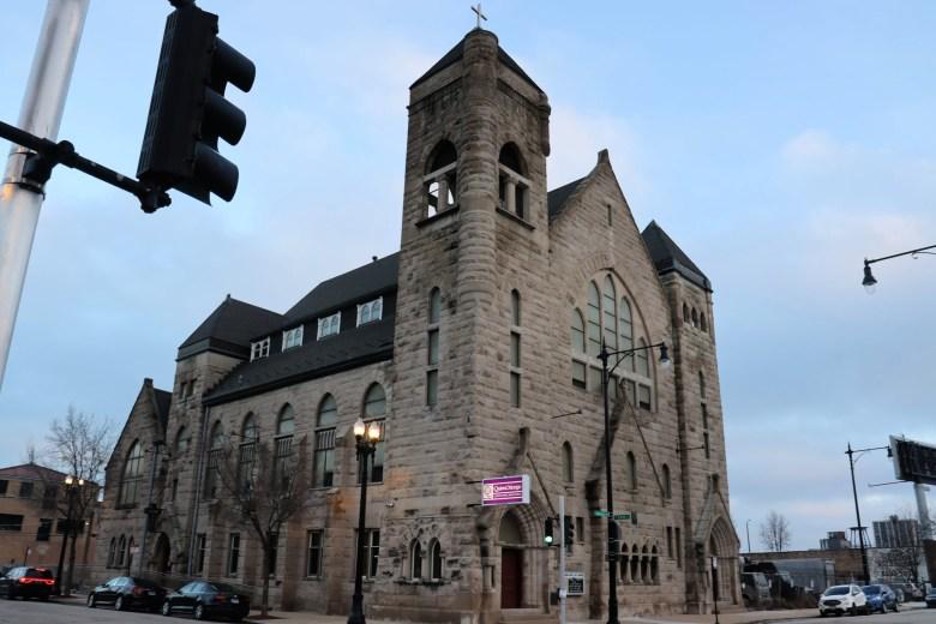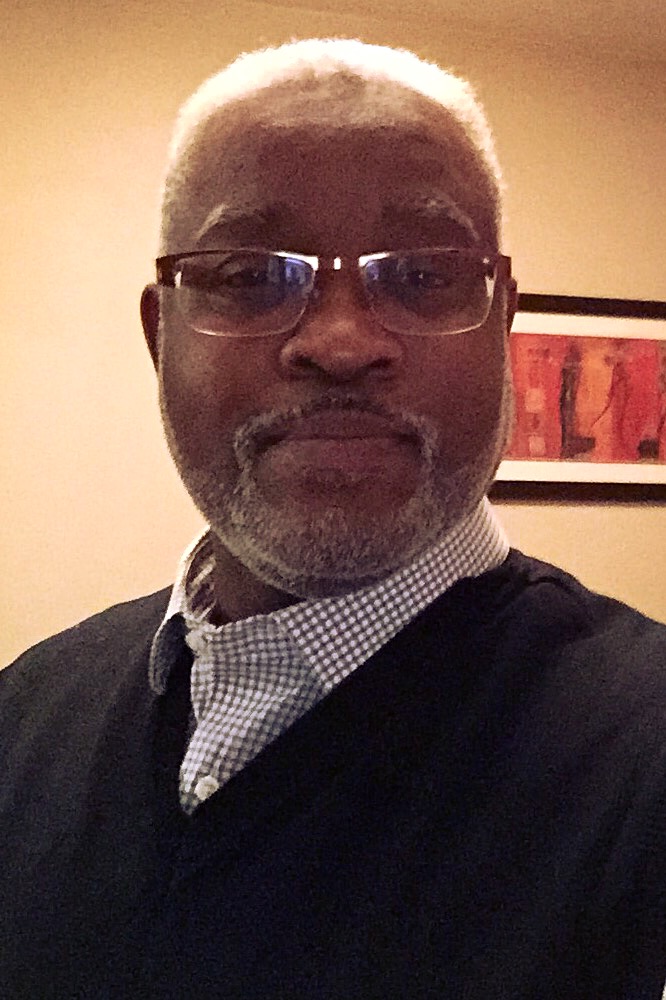By Bishop Harry L. Seawright, President of the Council of Bishops
In African Methodism, February is an important month. Bishop Richard Allen, the founder and first elected and consecrated bishop, was born on February 14, making this year the 260th anniversary of his birth. This month, African Methodism celebrates the 204th year of our Zion’s founding. In December 1816, at Bethel AME Church in Baltimore, Maryland, Allen and other leaders from various areas called a meeting, now known as the first General Conference,
Many people refer to Bishop Allen as an “Apostle of Freedom.” Does this really apply to him? Based on some highlights of his life, the label applies to our founder’s life.
Allen was born a slave. He lived with his mother and five siblings on a plantation in Delaware. His mother and two of her children were sold, leaving Richard, his brother, and his sister. Through hard work and careful planning, in 1780, this industrious young man purchased his freedom from Stokeley Sturgis.
Before purchasing his freedom, he answered the call to preach the gospel of Jesus Christ. Afterward, he moved to Philadelphia, Pennsylvania, where he continued his evangelism, preaching throughout the area. He and others purchased an old blacksmith shop, named it “Bethel AME Church,” and, in 1787, organized the Free African Society.
For Allen, earning his freedom was not enough. His heart, dedicated to social justice, called him to free others. As a result of his commitment, many people were blessed.
One of Allen’s first business ventures was the founding of a chimney sweeping company. Through his leadership, he hired persons to work as chimney sweeps. By cleaning the soot from chimneys, employees learned the rewards that came from gainful employment.
In 1793, when Yellow Fever broke out in Philadelphia, more than 5,000 people died. Many of the wealthy White citizens left the city. Those who remained were poor Whites and African Americans. Strangely enough, early in the plague, Yellow Fever did not affect any African Americans. Allen’s wife, Sarah, was a nurse. During this time, with support from Absalom Jones and little or no financial compensation, the Allens mobilized nurses and other African Americans to care for the sick and bury Yellow Fever victims. After risking their health to assist with the plague, African Americans faced negative comments and accusations. Allen’s and Jones’s responses to such racism led them to expand their social justice efforts.
Bishop Allen was a genuine servant leader. He personally ministered to the people in his care. He always trusted God, believing that God would supply whatever was needed for ministry. God always provided, even to the point of Bishop Allen receiving and riding a blind horse to carry salvation’s message.
Today, as African Methodists face racism, sexism, gender bias, and other forms of disrespect, Bishop Allen’s legacy calls us to stand for truth and justice. In committing to help our sisters, brothers, and other people who struggle, we must acknowledge our truth, confess our shortcomings, utilize our many resources, and follow Bishop Allen’s lead.
I pray the AME Church will continue to serve Christ as we serve each other. We must be committed to staying true to our mission and God’s Word while empowering others. Our work in the church defines us as a reconciling and loving people who are committed to truth, justice, and encouragement. We do this by educating the masses. We must support our educational institutions and local communities through civic engagement, health care initiatives, economic development, and creating programs that counteract mass incarceration. We are a people of faith who believe in the possibilities of God. The problems are gigantic; yet, not impossible to overcome.
The Right Reverend Harry L. Seawright
President of the Council of Bishops of the African Methodist Episcopal Church





